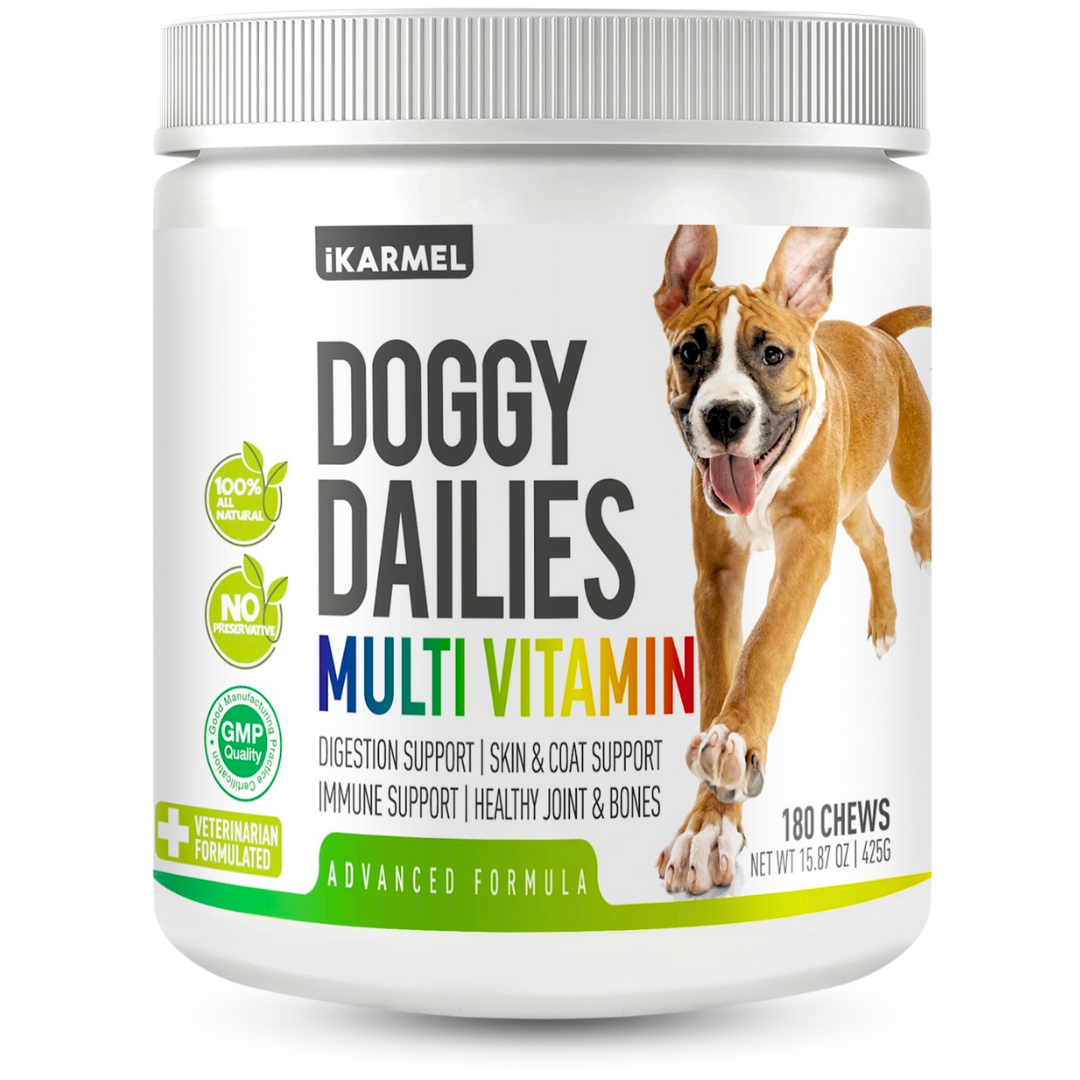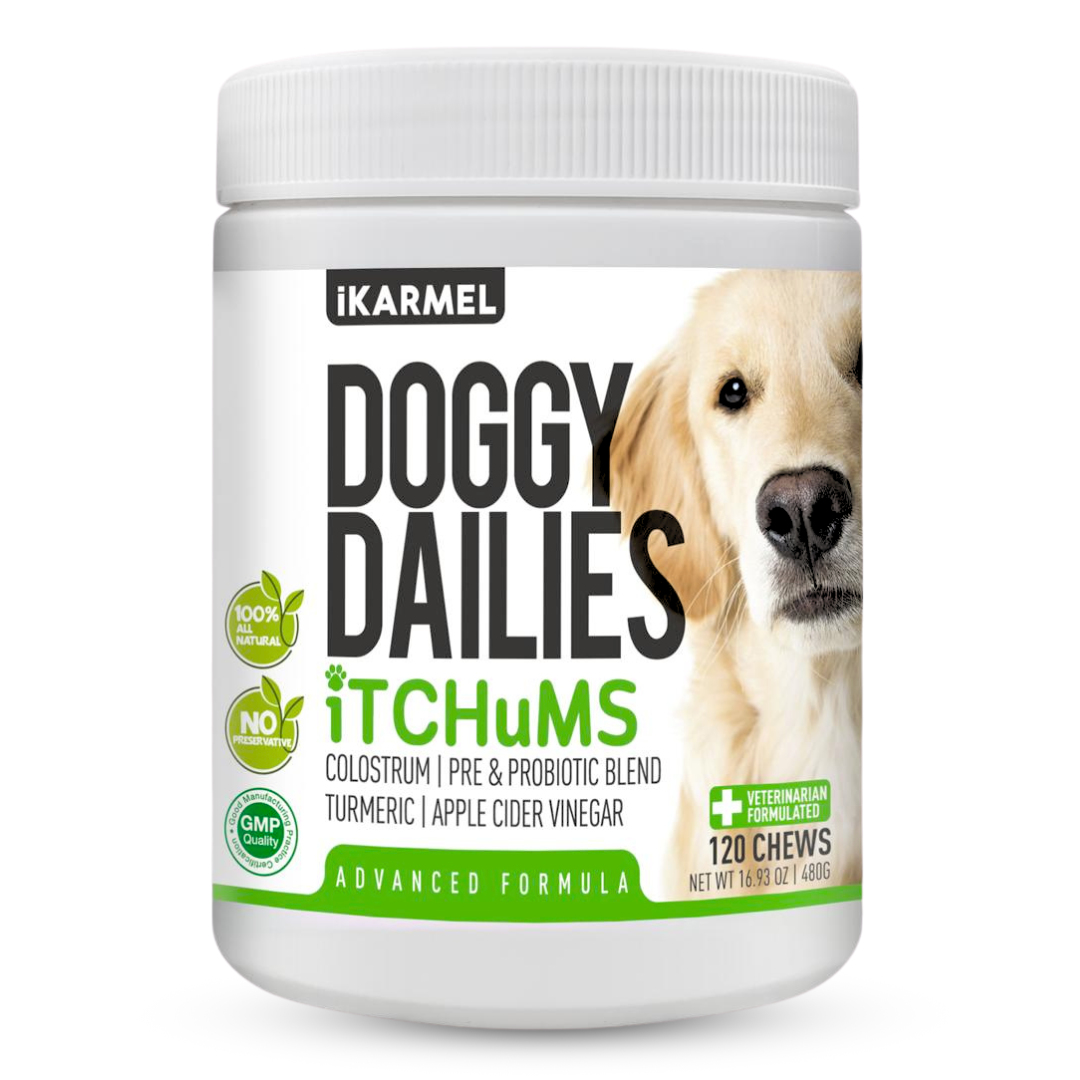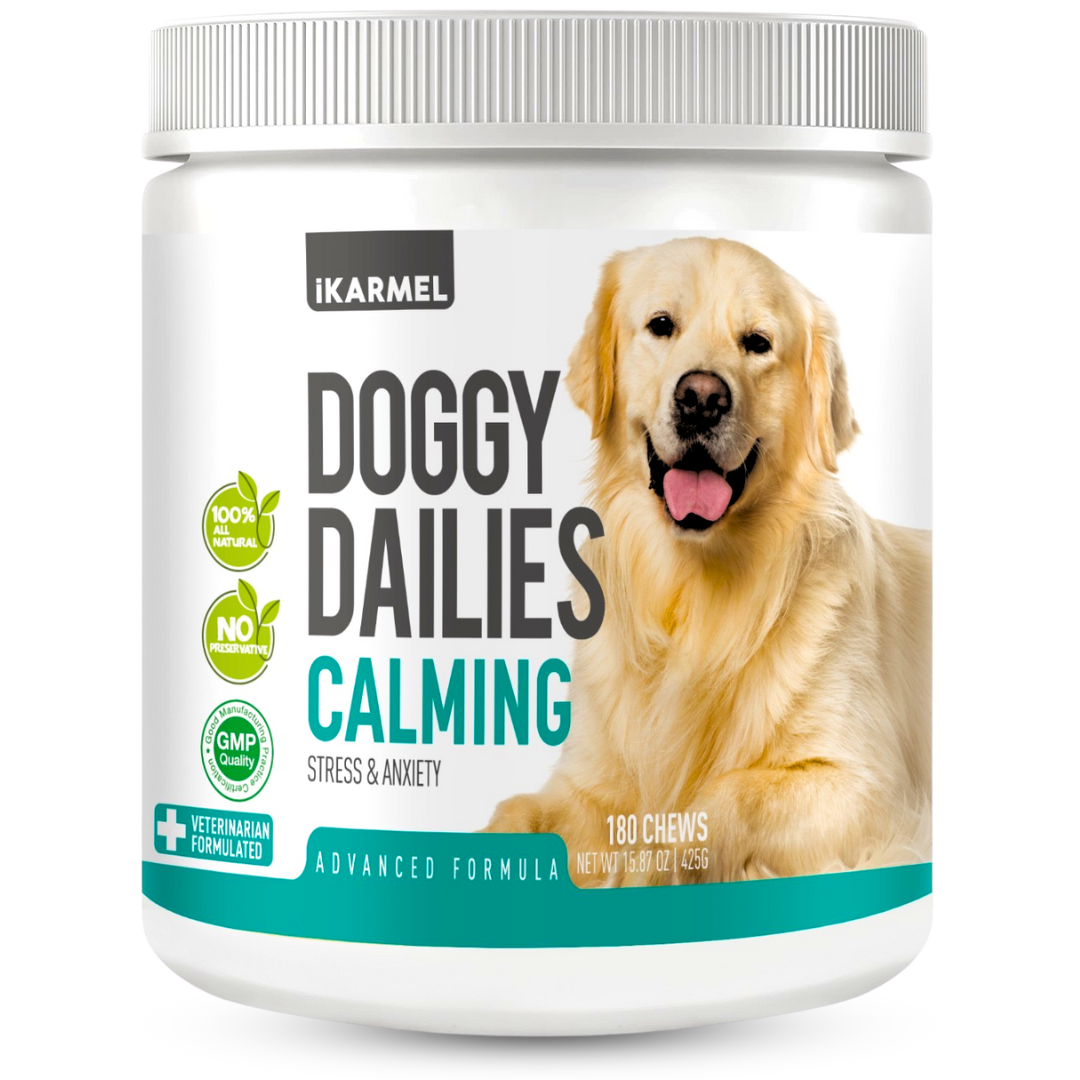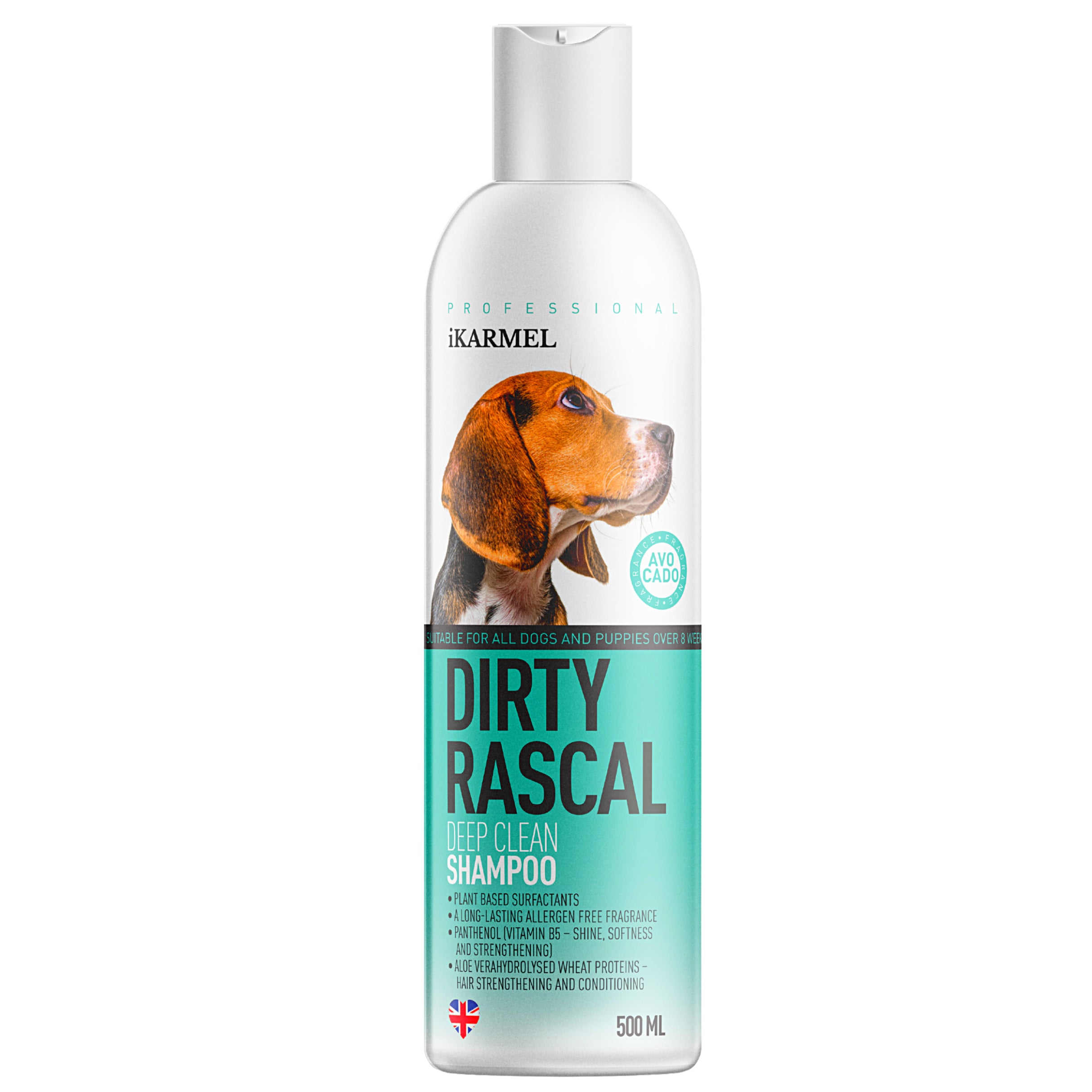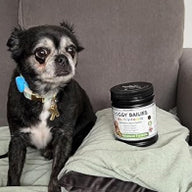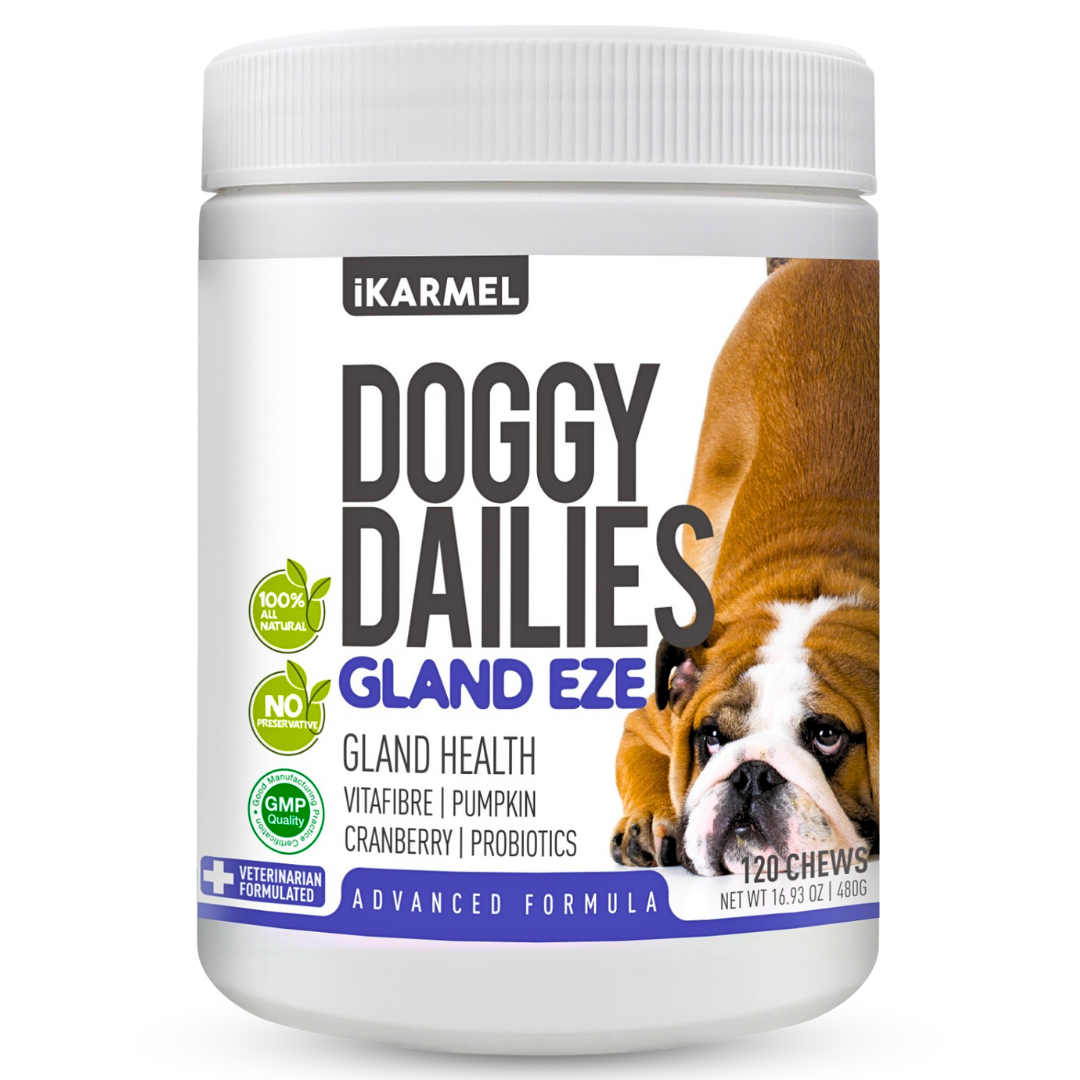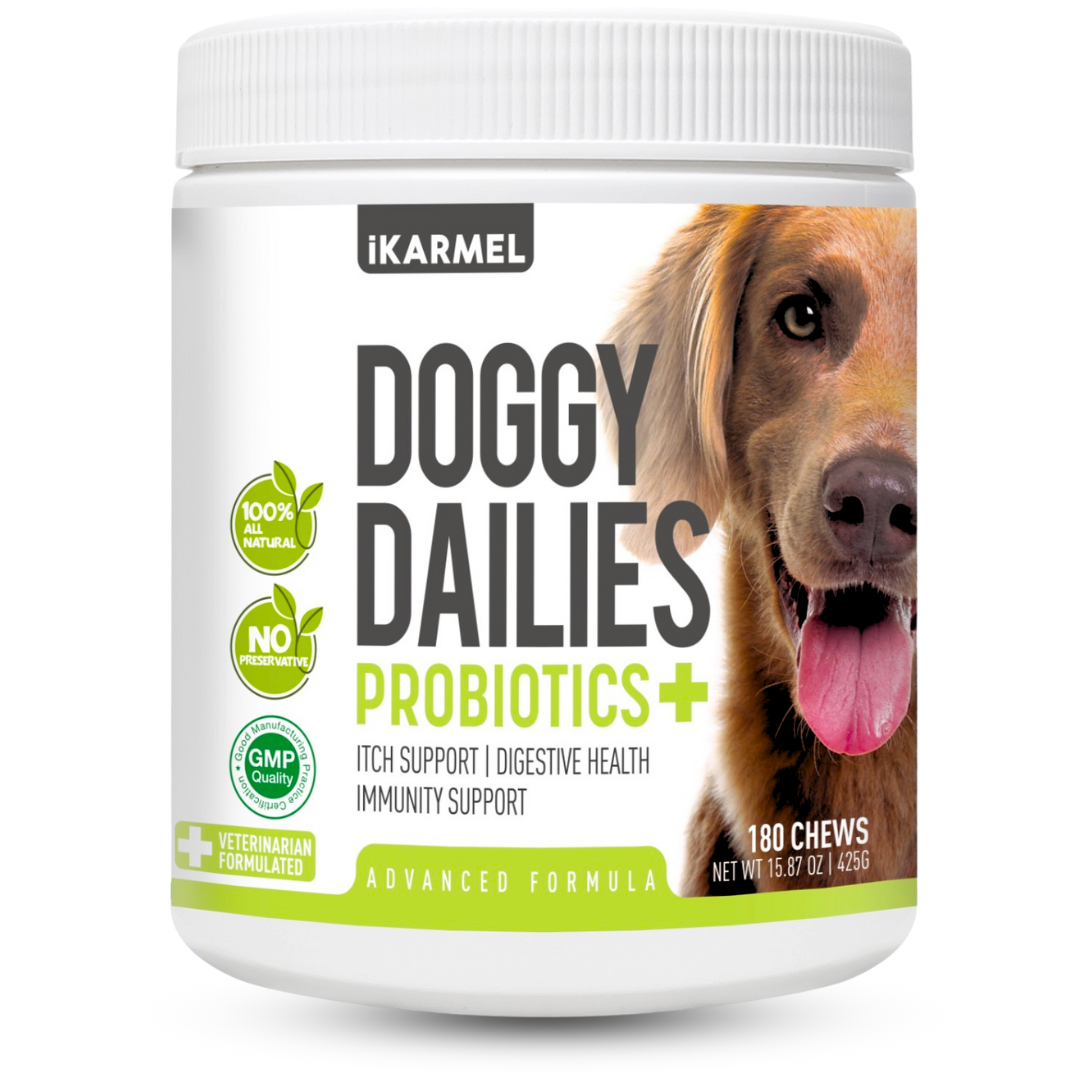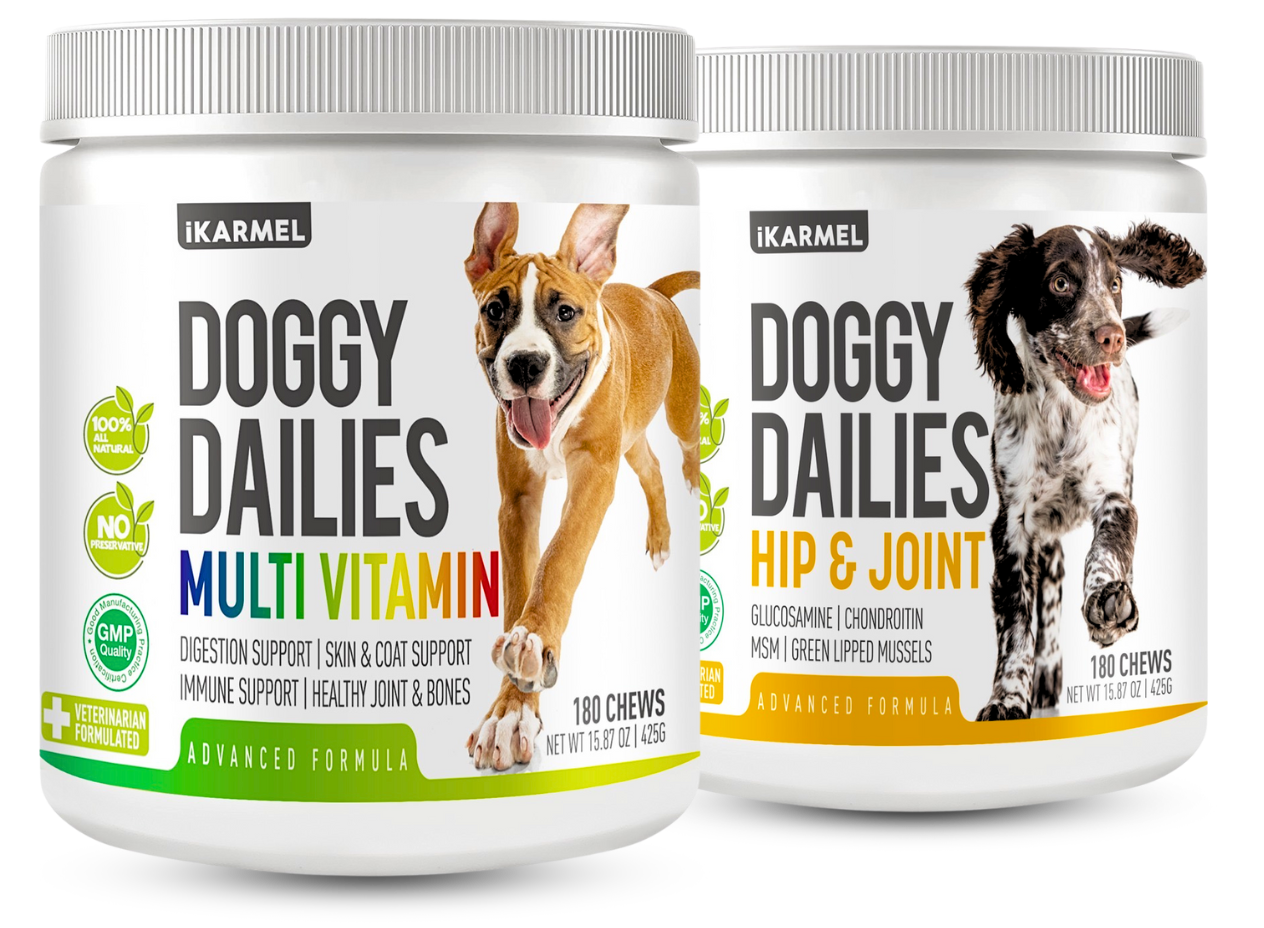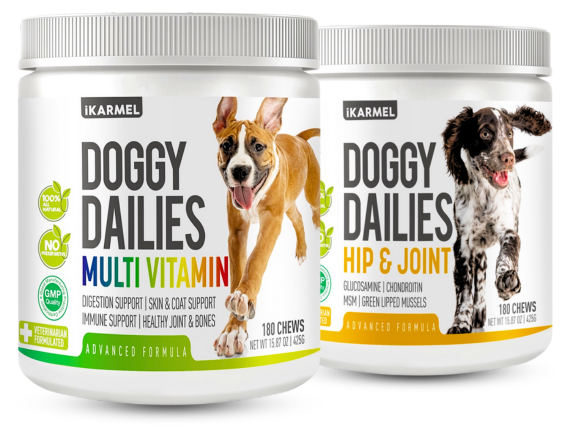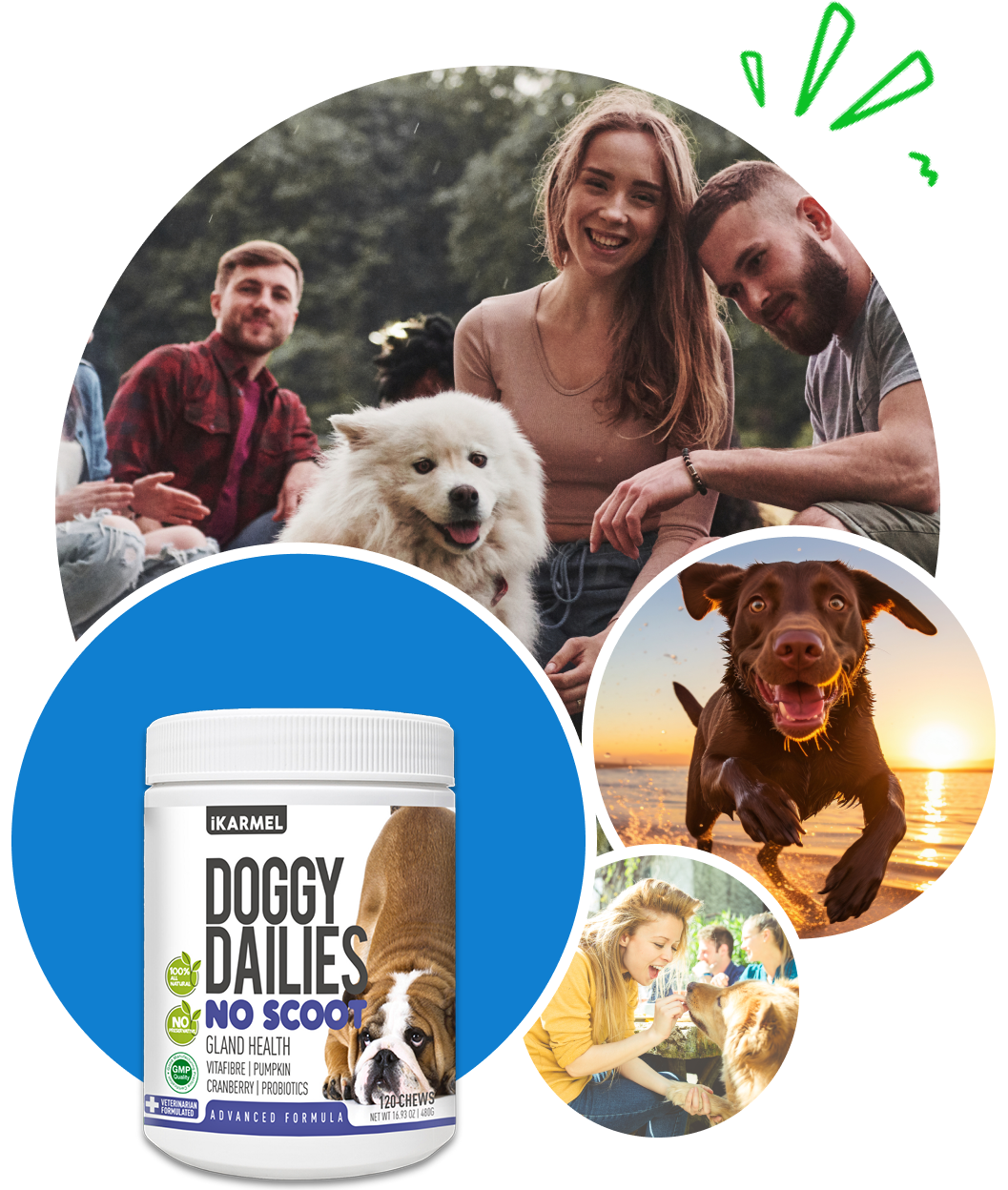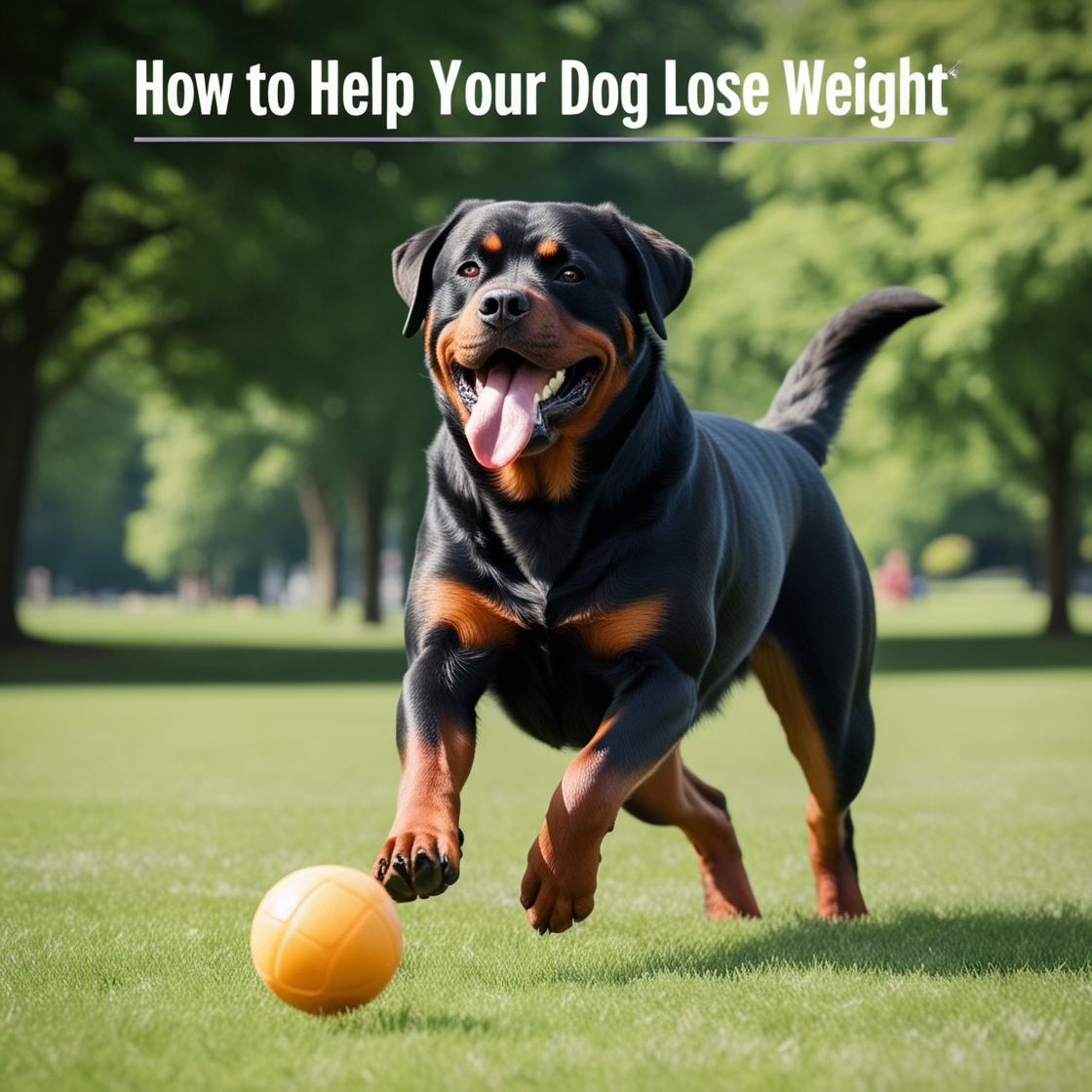Do Supplements Make a Difference in Your Dog’s Diet?
For dog lovers, ensuring their furry friend gets the best care possible is a top priority. This naturally leads to questions about nutrition, including the role of supplements. Are those little chews, powders, or capsules necessary? Or are they just an additional expense?
This blog breaks down everything you need to know about dog supplements, their importance, and how they might benefit your dog’s diet. By the end of this article, you’ll understand how supplements work, when they’re needed, and which ones are most beneficial for your pet.
What Are Dog Supplements, and Why Consider Them?
Dog supplements are additional nutrients designed to support areas of health that regular diets may not fully cover. These supplements come in various forms, such as chewables, powders, liquids, or capsules, and are packed with vitamins, minerals, omega-3s, probiotics, or joint-supporting ingredients like glucosamine.
While high-quality commercial dog food is often balanced to meet general nutritional needs, there are instances where supplements can be beneficial. For example, active dogs or older pets may require additional support to maintain energy, immune health, or joint mobility.
Benefits of Adding Supplements to Your Dog’s Diet
Supplements can provide targeted health benefits. Here are the most common reasons dog owners turn to them:
1. Joint Health and Mobility
One of the most popular reasons to use supplements is to support joint health. Ingredients like glucosamine, chondroitin, and green-lipped mussels can strengthen cartilage and reduce stiffness, especially in older dogs or breeds prone to joint issues like Labradors or German Shepherds.
2. Healthy Fur and Skin
Omega-3 fatty acids, such as those found in fish oil, promote a shiny coat and relieve dry, itchy skin. Dogs suffering from allergies or sensitive skin often benefit significantly from omega-rich supplements.
3. Improved Digestion
Probiotics can enhance gut health by balancing the good bacteria in a dog’s digestive system. Dogs with sensitive stomachs or frequent gastrointestinal issues (like diarrhoea or bloating) often thrive with probiotic supplementation.
4. Boosted Immunity
Vitamins A, C, and E, along with antioxidants, play an essential role in improving overall immune function, helping dogs fight off illnesses more effectively.
5. Calming Support
For dogs that experience stress, anxiety, or hyperactivity, calming supplements containing chamomile, valerian root, or passionflower can be helpful. These are perfect for managing stressful moments, such as thunderstorms, fireworks, or travel.
6. Bone Health and Overall Growth
For puppies or growing dogs, calcium and vitamin D3 aid in bone development, while other nutrients can support muscle growth and energy levels.

Do Dogs Need Supplements or Is Their Food Enough?
Most commercial dog foods are formulated to meet the basic nutritional requirements outlined by the AAFCO (Association of American Feed Control Officials). While these foods can sustain most dogs, individual needs vary depending on factors like age, breed, activity level, and health conditions.
Consider supplements if your dog fits any of these categories:
- Senior dogs are prone to arthritis or reduced mobility.
- Puppies need additional support for rapid growth and development.
- Dogs with chronic conditions like skin allergies, sensitive digestion, or anxiety.
- Highly active or working dogs, whose increased energy demands may not be fully met by standard dog food.
Always consult your vet before starting your dog on any supplements to ensure they’re not doubling up on nutrients, which could lead to health risks.
How to Choose the Right Supplements
With so many options on the market, choosing the appropriate supplement can feel overwhelming. Here's a simple guide to help you make informed decisions.
1. Target Health Goals
Consider what specific area of your dog’s health you want to improve. For example:
- Joint stiffness? Opt for glucosamine-based chews.
- Shiny coat? Look for omega-rich fish oil.
- Nervous pup? Choose calming chews with chamomile or valerian root.
2. Look for High-Quality Ingredients
Supplements made with natural, sustainably sourced ingredients and free from harmful additives or fillers are your safest bet.
3. Check for Veterinarian Approval
Prioritise products that are vet-approved or made by reputable brands with expertise in canine health. For instance, iKarmel UK offers vet-formulated supplements designed specifically for dogs’ needs.
4. Assess Taste and Format
Ensure the supplement is easy to give to your dog. Chewable treats with flavours like chicken or beef can turn supplement time into a positive experience.
5. Customer Reviews
Look at verified reviews to understand how the product has worked for other dogs. For example, many pet owners praise iKarmel’s “Calming Doggy Dailies" for their noticeable results.

How to Introduce Supplements into Your Dog’s Routine
Introducing supplements should be done gradually to ensure your dog adapts well. Start with the smallest dose recommended on the product label and monitor for any adverse reactions, such as upset stomach or allergic responses.
For picky eaters, try mixing powdered or liquid supplements into their food or breaking up chewables. The key is consistency. Over time, as the supplements take effect, you'll likely observe positive changes in your dog’s health and behaviour.
FAQs About Dog Supplements
1. Can supplements harm my dog?
When given in appropriate doses and approved by a vet, most supplements are safe. However, over-supplementing or using low-quality products can lead to side effects like vomiting or imbalance.
2. Can I give human supplements to my dog?
No, it’s not recommended to give human supplements to dogs. They are formulated differently and may contain ingredients that are toxic to pets.
3. How long until I see results from supplements?
It depends on the type of supplement and your dog’s condition. Some, like probiotics, may show effects within days, while joint health supplements might take several weeks.
4. Are supplements necessary for puppies?
Puppies generally get the nutrients they need from high-quality puppy food. Supplements are usually only needed for specific conditions or on a vet’s recommendation.
5. What’s the best supplement for my dog?
The best supplement depends on your dog’s unique needs. For example, iKarmel’s multivitamin chews offer comprehensive support for overall health, while their joint care supplements specifically target mobility.

Choose iKarmel for a Balanced Approach to Dog Nutrition
When it comes to canine care, no one size fits all. Supplements can significantly enhance your dog's quality of life, provided they address individual needs and complement your pet’s diet.
At iKarmel, we’re committed to supporting your dog’s health with veterinarian-formulated, 100% natural chews designed to tackle common issues like joint stiffness, digestive trouble, and anxiety. Loved by thousands of dogs and their owners, our supplements are effective, tasty, and safe.
Make a positive difference in your dog’s life today. Browse our premium dog supplements and find the perfect fit for your furry friend. Shop Now at iKarmel UK!

